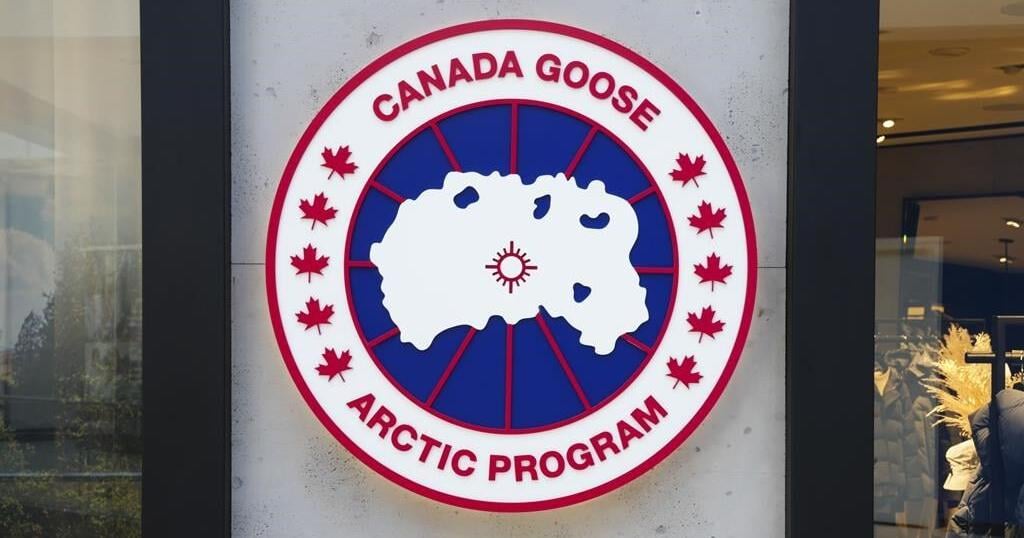Industry Minister François-Philippe Champagne said Tuesday the federal government has officially denied a request to allow Rogers wholesale access to Shaw’s wireless frequencies — but he also laid out conditions for a revamped proposal.
Federal approval is one of the hurdles that Rogers Communications Inc.’s proposed $26-billion merger with Shaw Communications Inc. needs to clear.
The original proposal would have seen Rogers acquire Freedom Mobile from Shaw. But Canada’s Competition Bureau said in May that the acquisition would eliminate “an established, independent and low-priced” competitor and would also prevent existing competition in wireless services in Ontario, Alberta and British Columbia, where Freedom currently operates.
Industry minister denies request to permit wholesale transfer of wireless spectrum licenses between Shaw and Rogers
Francois-Philippe Champagne says he will always support more competition and make wireless services more affordable to Canadians.
Champagne announced he officially rejected that proposal on Tuesday.
“My only concern is to provide better prices to Canadians,” he told a press conference.
In an effort to quell those concerns, the two companies finalized an agreement to sell Freedom Mobile to Videotron, a unit of Quebecor Inc., in August.
Champange said that in order for him to approve the merger under that agreement, he needs a commitment from Videotron to maintain the wireless licences acquired from Shaw for at least 10 years.
The minister also said he wants to see the company offer customers in Ontario, Alberta and B.C. wireless rates comparable to what they currently offer in Quebec, which he said are on average 20 per cent lower.
“I think they better take notice of what I’m going to be looking at and these two things are going to be fundamental,” Champagne told the press conference.
The revamped merger agreement will have to go to Canada’s Competition Bureau before it is once again put before the industry minister.
The Canadian Radio-television and Telecommunications Commission approved Rogers Communications Inc.’s acquisition of Shaw Communications Inc.’s broadcasting services in March.
CBC reached out to Rogers for a statement but the company said it would not comment at this time.
Last week, NDP Leader Jagmeet Singh wrote to Prime Minister Justin Trudeau calling on the government to reject the Rogers-Shaw merger outright, even if it is cleared by the Competition Bureau.
“If Rogers and Shaw succeed, it will only be because the Competition Act is weak and because your government has failed to step up and act in the interest of making life more affordable for everyday Canadians,” Singh wrote.
“Stopping this merger is the only outcome that protects Canadians.”
Source link
Related

























